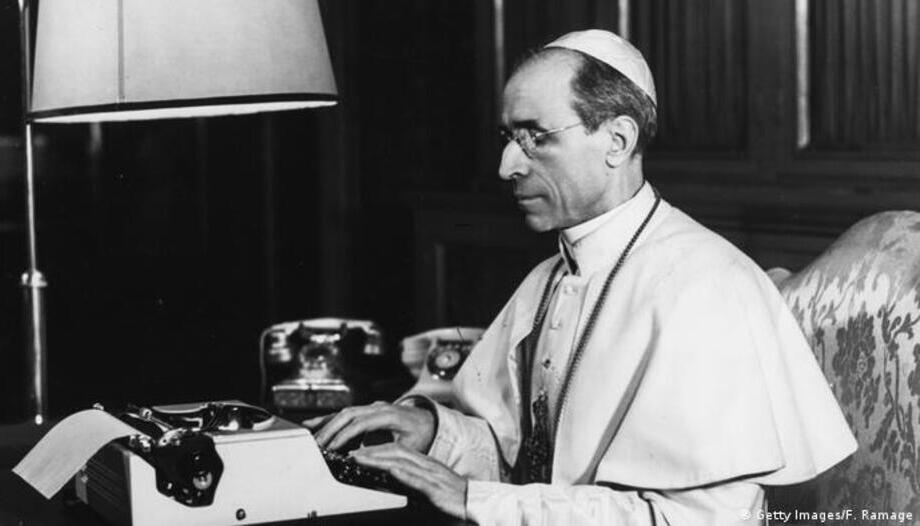Logically, researchers dedicated to contemporary history -such as that of the pontificate of Pius XII- publish articles and books and give conferences, and in this way, little by little, a somewhat more complete analysis of historical reality, although always provisional, reaches the non-specialized public. In any case, contemporary history requires, in addition to the publication of sources, which we have mentioned, the necessary time to acquire the necessary perspective, sharpness of vision and deep knowledge of the facts and their possible repercussions.
Thus, in a few years, with what is being published, the provisional historiography is turning around and the facts of the recent history of Europe and of the Church in Europe are becoming better known in a more documented way and, therefore, the clichés, commonplaces and black legends that have so much influence on the confidence in the Church and in families, to which people and institutions have a particular right, are being dispelled.
An example of what we have just explained has taken place with the recent opening of the extensive documentation in the Vatican archives about the pontificate of the Papa Pius XII, which has provided contemporary historiography with very important documentation.
In this line, Professor Vicente Cárcel Ortí, a great connoisseur of these funds, has been publishing from this documentary fund some works related, for example, to the position of the Holy See regarding the government of the second republic in Spain, and the relations with the government during the civil war and, finally, about the long process and the Roman doubts for the acceptance of the relations of the Church with the Franco regime. It is interesting, therefore, to reread Vicente Cárcel's introduction to his volume to understand the significance of the opening of these archives, the work required and also the measures taken by the Vatican Archives for the use of these funds (cfr. Vicente Cárcel Ortí, Pius XI. Between the Republic and FrancoMadrid 2008).
The Holy See's decision to open part of the archives of the pontificate of Pope Pius XII falls along these lines. As is well known, the Church had recently opened the Vatican archives up to Pius XI, i.e. up to 1939, so opening up to 1945, for example, would make it clear forever how both Pius XII and his collaborators contributed to peace in the world, to the defense of the Jewish people and how they confronted the totalitarian ideologies that ravaged Europe, both Nazism and Communism.
Member of the Academy of Ecclesiastical History. Professor of the master's degree in the Causes of Saints of the Dicastery, advisor to the Spanish Episcopal Conference and director of the office of the Causes of Saints of Opus Dei in Spain.








